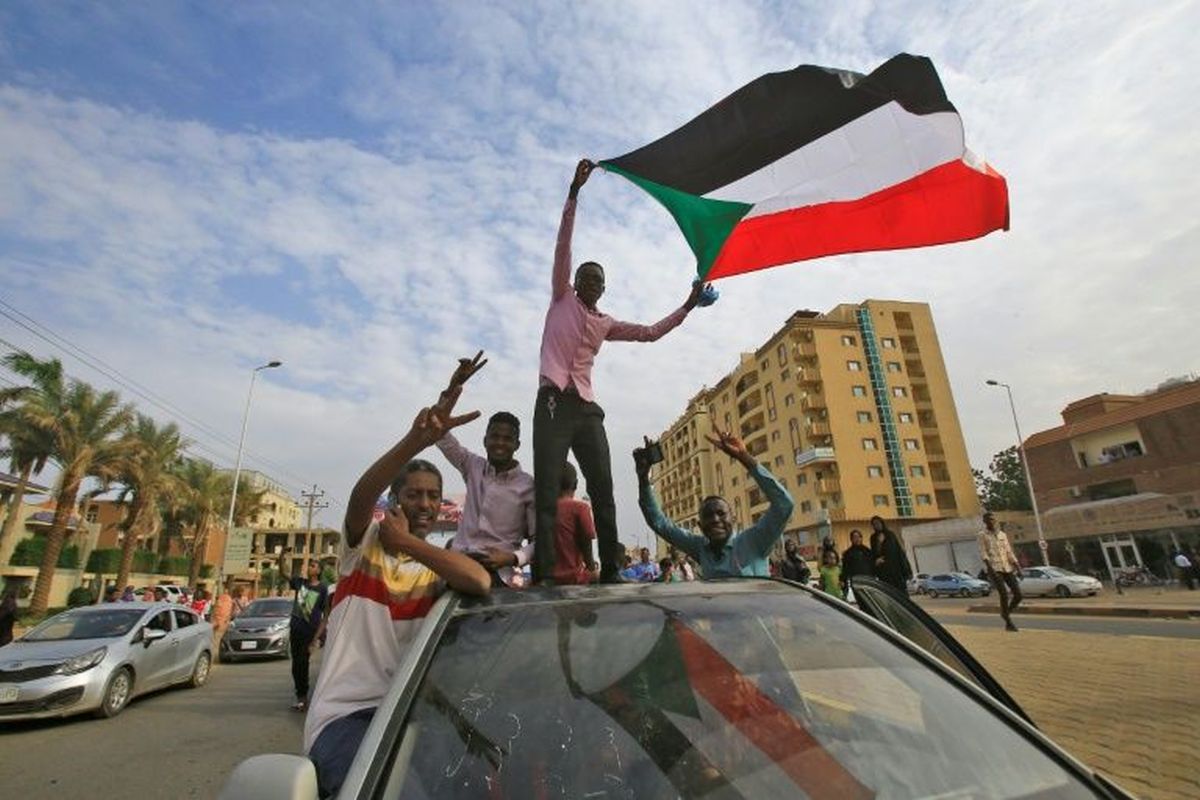South Africa’s consumer inflation down to 5.1 per cent
In June, South Africa's annual food inflation hit the lowest level in 45 months since September 2020, the data showed.
The division of the country’s military power was a brainchild of the ousted autocrat Omar al-Bashir, who distrusted the regular army and created the latter group from members of the militia responsible for the Darfur genocide that reportedly claimed 300,000 lives.

Representational Image (File Photo)
Sudan has been in a crisis for some years, but the North African country may well now be on the brink of an implosion as the army and a rival militia group battle it out for control on the streets of Khartoum and in the countryside. Reports say that at least 200 people may have died in the fierce fighting between the two groups, which have each been quite relentless in their use of firepower to subdue the other.
Locked in battle are units of the regular army loyal to the head of the country’s transitional Governing Council, General Abdel Fattah-el Burhan, and the paramilitary Rapid Support Group led by General Mohammed Hamdan Dagalo.
The division of the country’s military power was a brainchild of the ousted autocrat Omar al-Bashir, who distrusted the regular army and created the latter group from members of the militia responsible for the Darfur genocide that reportedly claimed 300,000 lives.
Advertisement
The two groups had come together in 2019 to oust Bashir, but a military coup in 2021 ensured that the country would remain locked in conflict. While the international community, principally the United Nations and the African Union have appealed for peace, Arab nations with interests in the region ~ Saudi Arabia, Qatar, the United Arab Emirates and Egypt ~ have also asked both sides to stop fighting.
The tragedy of the Sudanese lies in the fact that despite occupying one of the most resource-rich countries in the world, they are forced to endure almost unending poverty and conflict.
Soaring inflation and massive unemployment have pushed the nation to the brink, and the economy went into recession in 2018, with GDP shrinking and per capita income dropping. The country has rich, arable land and abundant natural resources, including petroleum, natural gas, gold, silver, chromite, manganese, gypsum, mica, zinc, iron, lead, uranium, copper, kaolin, cobalt, granite, nickel, tin, and aluminum. Chromium ore deposits are estimated at one million tons and iron ore deposits may be more than two billion tons. Petroleum makes up 80 per cent of the country’s exports.
In short, there is little reason for the country to be as poor as it is, yet the abundance of resources makes it possible for big powers and local factions eyeing the plunder to keep things on a permanent boil. The presence of more than 500 ethnic groups, which can and are often pitted against each other, ensures the violent underpinnings of Sudanese society.
Competition for resources, political manipulation and insensitivity towards atrocities such as the one in Darfur make it easy to keep tensions simmering. After years of violence, Sudan needs serious efforts at peace and reconciliation. Instead, what it has suffered are near endless bouts of violence, with the latest turning especially deadly.
Advertisement